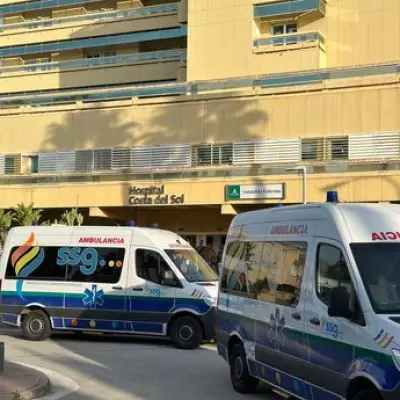
GB Broadcasting Ltd, a company directed by Nigel Farage's partner, Laure Ferrari, is at the centre of a potential financial scandal concerning a substantial government-backed Covid loan.
The firm, which received a £1.2 million Bounce Back Loan (BBL) during the pandemic, is now under examination for allegedly breaching the strict rules governing the emergency funding scheme. Company filings have ignited concerns that the funds may not have been used solely for the economic benefit of the business, as legally required.
The Core of the Controversy
At the heart of the issue is a series of transactions detailed in the company's accounts. Shortly after the loan was deposited, a significant sum of £1,175,000 was transferred to another company within the same group as an 'intercompany loan'.
This move is potentially problematic because Bounce Back Loan rules explicitly stated that the money must be used to provide an economic benefit to the company that applied for it, other than through the payment of dividends or bonuses. Transferring the majority of the loan to a separate entity could be interpreted as a breach of these terms.
Silence from the Top
Despite repeated requests for comment, both GB Broadcasting and Mr. Farage have remained silent on the allegations. Mr. Farage, a prominent political figure and former leader of UKIP and the Brexit Party, has previously championed the cause of tackling fraud, particularly concerning Covid support schemes.
The company's latest accounts show it has yet to begin repaying the government-guaranteed loan, with the first payment not due until next year. The situation raises serious questions about the oversight of the billions of pounds distributed to businesses during the health crisis.
A Wider Problem
This case highlights the ongoing challenge for authorities in pursuing potential misuse of the BBL scheme. The National Audit Office has previously estimated that taxpayers may ultimately lose £1.1 billion to fraud from the programme alone, with billions more across all pandemic support packages.
As investigations continue, this case serves as a stark reminder of the delicate balance between providing urgent economic aid and ensuring robust safeguards against the misuse of public funds.





